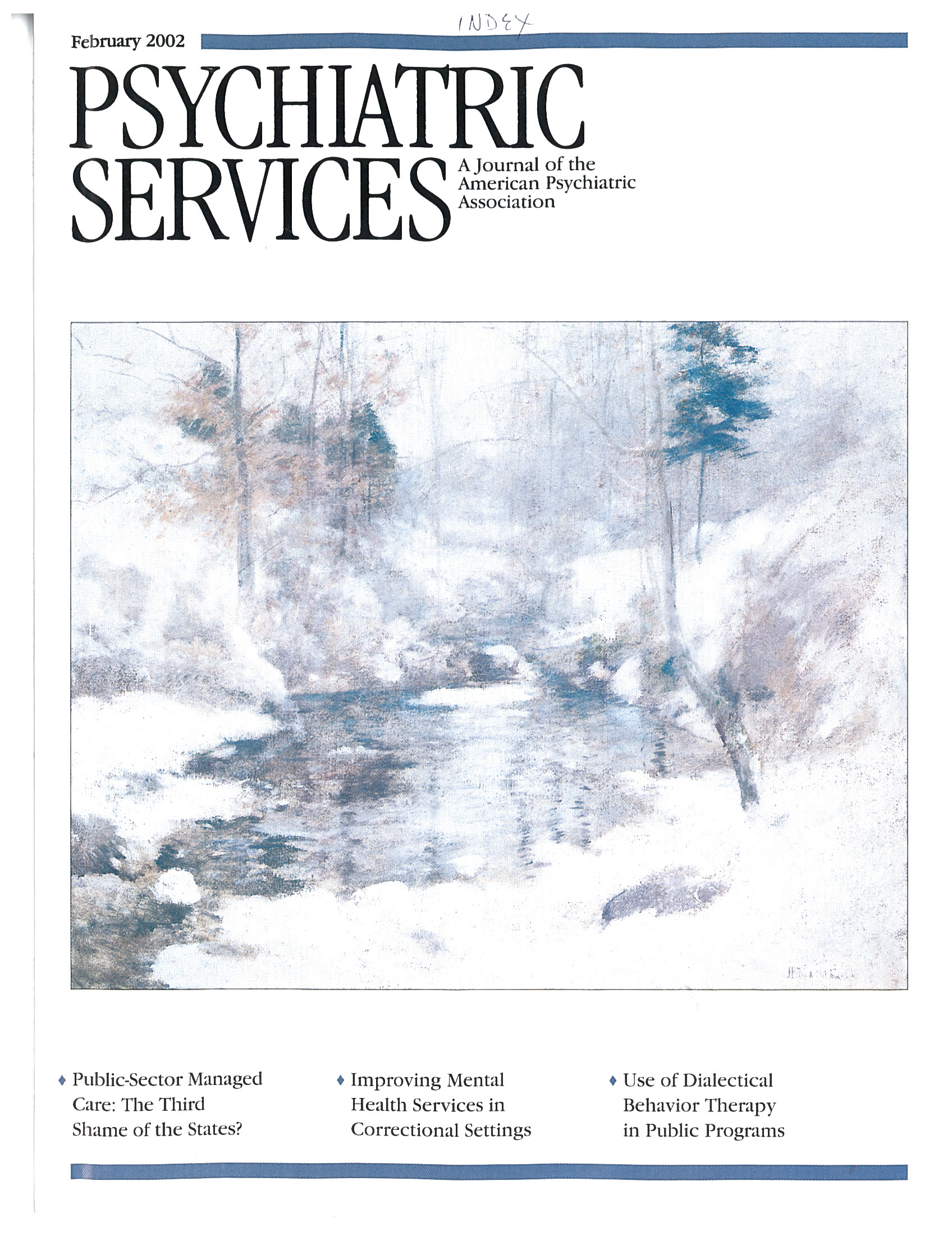Physicians understand illness as a state of abnormal bodily functioning. Signs and symptoms are what doctors observe and ask their patients about. Signs are bodily changes that can be seen or detected by medical examination. Examples of signs are fever, rapid pulse, and bleeding. Symptoms are experiences that the patient tells the doctor about. Examples of symptoms are pain, loss of skin sensation, and fatigue.
Although symptoms and signs can be evidence of illness, they are not necessarily proof of illness. For example, a rapid heart rate can be a sign of heart disease, but it also occurs during exercise. Fatigue can indicate that a person has been working too hard, or it can mean that the person is anemic and does not have enough red blood cells to deliver the oxygen that the body needs. Signs and symptoms of psychiatric illness include weight loss, loss of energy, mood changes, trouble sleeping, and difficulty concentrating.
Distress is different from illness. It is a reaction to an upsetting event. After extraordinary and painful events—such as being in a bad accident, narrowly escaping death or serious injury, or losing a loved one—distress may look much like illness, affecting not only how we feel and think but also how our bodies function. When people are distressed, they may feel exhausted or anxious or be unable to concentrate or sleep. Thus distress sometimes expresses itself in ways similar to psychiatric illness.
Catastrophic events such as disasters and terrorism provoke distress responses in almost everyone—more severe in some than in others. Experts have described such widespread responses as "normal responses to abnormal events." When virtually everyone exposed to a catastrophic event has such reactions, they can hardly be considered abnormal. Such normal reactions to abnormal events, even if intensely expressed, should not be categorized as sickness or treated as such.
We know that when distress is prompted by catastrophic events, having shared the experience with others or talking about it with others helps. There are several elements in the recovery process—acquiring information, drawing support from others, and, with the passage of time, putting the experience into perspective and deriving meaning from it.
When symptoms are the expression of medical illness, proper diagnosis and medical treatment—at least for conditions more serious than everyday illnesses like colds—are needed to minimize suffering and promote recovery. Similarly, for symptoms of psychiatric illness—symptoms that are different from the ordinary aggravations and mood changes that accompany the daily ups and downs of life—professional diagnosis and treatment reduce suffering and speed the healing process.
Acute stress disorder is a collection of posttraumatic symptoms experienced during the first month after a catastrophic event, before posttraumatic stress disorder (PTSD) can be diagnosed. People with acute stress disorder feel numb, detached, or "in a daze." Familiar things can seem strange or unreal to them—a state known as derealization. People can feel "not like myself" or outside themselves—known as depersonalization. People who are experiencing acute stress disorder have repeated thoughts about the traumatic event, and they may try to avoid any reminder of the event because of painful associated feelings. They often feel highly anxious. This disorder is not yet well understood. Providing support and information about what a person is experiencing is a basic, although unproven, approach to treating people with this disorder.
PTSD is an illness that appears one month or more after a traumatic event. Symptoms of PTSD include reexperiencing the trauma through intrusive memories or nightmares; avoiding thoughts, conversations, activities, people, or places associated with the trauma; or feeling detached or unable to have loving feelings. Other symptoms include a heightened arousal of the nervous system, which causes insomnia, irritability, and exaggerated startle responses. PTSD causes serious emotional pain and impairs functioning, and it warrants careful diagnosis and proper treatment. Studies have shown that PTSD is highly responsive to treatments that involve medication and psychotherapy.
Psychiatrists and other physicians and mental health professionals know a great deal about grief and depression. Distress, stress, and PTSD have also been well studied, especially in the past ten years. We have much to learn about the impact of disasters and terrorism. The events of September 11 and the subsequent incidents of bioterrorism are new for this country. However, the psychiatric community is highly focused on learning about human responses to these events. The aim is to put this new knowledge to work to develop the best treatments for people who are affected.

